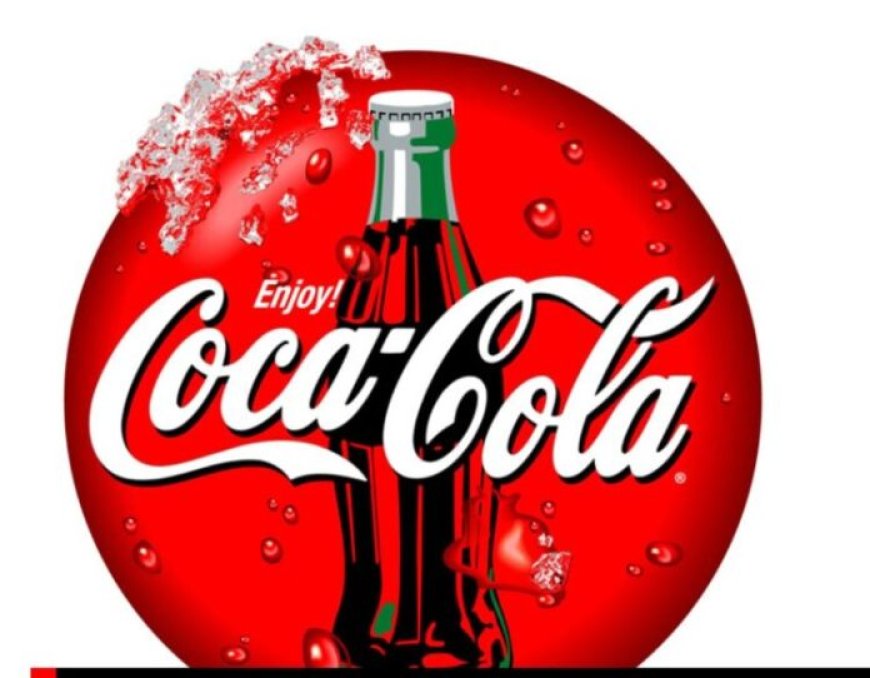Coca-Cola, NBC Found Guilty For Altered Product formulation without Clear Notification To Customers- FCCPC Investigation Reveals
Coca-Cola, NBC Found Guilty For Altered Product formulation without Clear Notification To Customers- FCCPC Investigation Reveals

The Federal Competition and Consumer Protection Commission (FCCPC) has taken decisive action against Coca-Cola Nigeria Limited and Nigerian Bottling Company Limited (NBC) for violating consumer rights. The companies were found guilty of migrating their Coke brand to non-nutritive sweeteners without transparently disclosing this change to consumers.
The FCCPC launched an investigation in June 2019 after discovering that Coca-Cola and NBC had altered their product formulation without clear notification to their customers. “The commission was convinced based on the evidence that Coca-Cola and NBC on multiple occasions, and counts violated, and remained in violation of the FCCPA, particularly with respect to transparency, and clear disclosure obligations to their product patrons,” the FCCPC stated.
Investigation and Findings, Initially, both companies agreed to adopt clearer product descriptions and differentiations. However, they later abandoned this agreement, opting for a different business strategy that did not meet regulatory standards. “Coca-Cola and NBC have made more spirited efforts at other interventions to address the regulatory concerns than measures to ensure compliance, and discharge from the regulatory process,” the FCCPC noted.
On July 29, 2024, the FCCPC issued a Final Order finding Coca-Cola and NBC guilty of misleading trade descriptions, unfair marketing tactics, and deceptive trade practices. The question of abuse of dominance and the quantum of the penalty has been reserved for further regulatory action.
“We are committed to protecting consumers from unfair and deceptive business practices. Companies must comply with regulatory standards and prioritise transparency and consumer welfare,” the FCCPC added.
The Impact on Consumers for the use of non-nutritive sweeteners without clear disclosure raises significant health concerns for consumers. Non-nutritive sweeteners can have various health implications, particularly for individuals with specific health conditions or those who are sensitive to artificial ingredients.
Health Risks, Metabolic Effects Studies have shown that non-nutritive sweeteners can impact glucose metabolism and insulin sensitivity, potentially increasing the risk of type 2 diabetes.
Gut Health, These sweeteners can alter gut microbiota, which may affect digestion and overall gut health.
Weight Management, Contrary to popular belief, some research suggests that non-nutritive sweeteners may not aid in weight loss and could potentially lead to weight gain by increasing appetite and cravings for sweet foods.
Consumer Trust, The failure to disclose the switch to non-nutritive sweeteners undermines consumer trust. Transparency is crucial for consumers to make informed choices about the products they consume.
– Misleading product descriptions and marketing practices can lead to a loss of confidence in brands, prompting consumers to seek alternatives they perceive as more honest and health-conscious.
The FCCPC’s findings against Coca-Cola Nigeria Limited and NBC underscore the importance of transparency and regulatory compliance in the consumer goods industry. As the commission continues to address these regulatory breaches, it serves as a reminder that consumer welfare must always be prioritized. The health implications of non-nutritive sweeteners and the need for clear product labeling are crucial considerations for both regulators and consumers in ensuring safe and informed consumption choices.






















